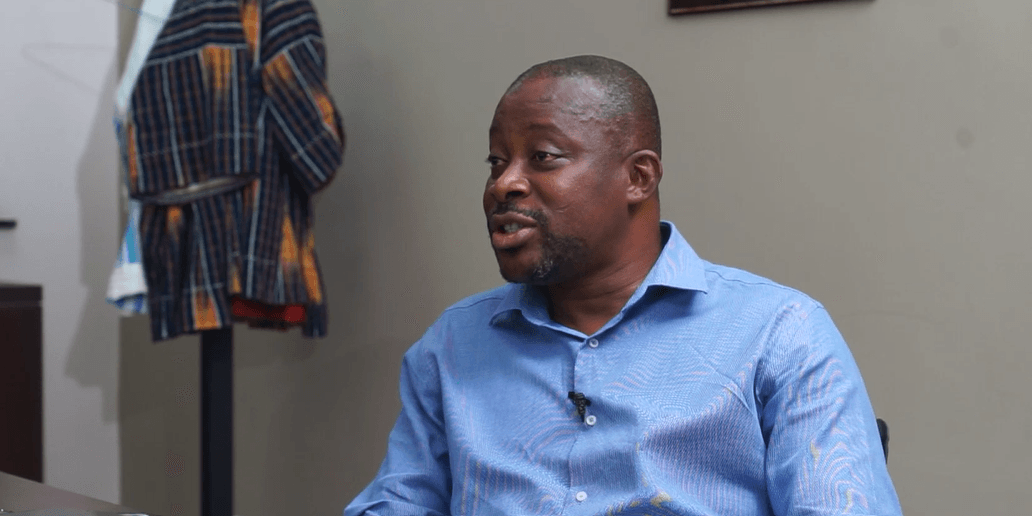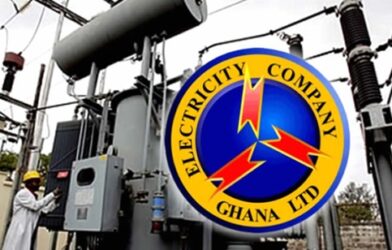Former Member of Parliament for Bongo, Edward Bawa, has underscored the importance of privatising the Electricity Company of Ghana (ECG) as a critical step toward improving efficiency and modernising Ghana’s energy sector.
Energy Minister-designate John Jinapor, during his vetting on January 13, reaffirmed President John Dramani Mahama’s commitment to privatising power distribution. Jinapor emphasised that this move aims to address longstanding challenges in the energy sector and elevate service delivery standards.
President Mahama, in a meeting with a World Bank delegation at his Cantonments office in Accra, also reiterated his administration’s focus on energy sector reforms. To achieve this, a specialized team has been assembled to oversee the strategic changes.
In an interview on The Point of View with Bernard Avle on Channel One TV, Edward Bawa elaborated on the rationale for privatizing ECG, emphasizing the need to replace outdated infrastructure and harness private sector investment and expertise.
“We felt that we needed to reduce inefficiency within ECG. How could we do that? We need to be able to replace most of the obsolete equipment. Now, the government doesn’t readily have that because there are other competing needs, like hospitals and what have you,” he stated.
Bawa further explained the decision to involve the private sector, saying: “And so the government felt that it was possible to leverage the private sector capital to see how we could replace obsolete equipment and other things within ECG to make it efficient.
“We could leverage private sector expertise in trying to ensure that we run the company very well. So, this was what informed the whole idea. What H.E. John Dramani Mahama is doing now is just a continuation of what he believes in.
“That look, we needed to make ECG very efficient. Based on the competing needs, we need to take advantage of the private sector and see how we can leverage both capital and expertise.”
The call for privatization reflects a broader effort by the government to address inefficiencies and position the energy sector for sustainable growth and reliable service delivery.












